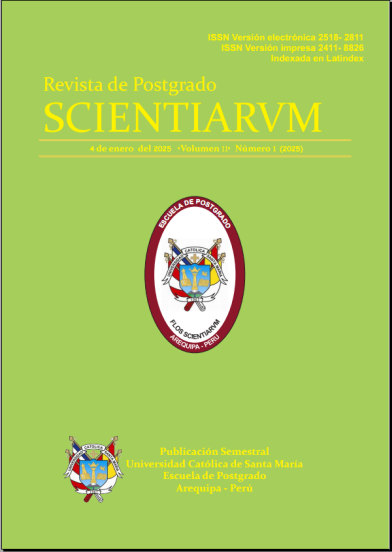MODIFICACIÓN DEL ARTÍCULO 2014° DEL CÓDIGO CIVIL: MUERTE ANUNCIADA DEL SISTEMA REGISTRAL?
RESUMEN:
El presente trabajo brinda un breve análisis de la desnaturalización que ha sufrido el Principio de Fe Pública Registral, a raíz del nuevo texto del artículo 2014 del Código Civil; con lo cual el asiento registral ha dejado de ser fundamento de la publicidad, como objeto del sistema registral. En ese sentido se torna necesaria la revisión del referido artículo por atentar contra la razón misma del sistema registral.
Pareciera que el legislador pretende que toda calificación de un título que se presente para su incorporación al Registro requiera una evaluación de situaciones que no consten en el Registro pero que podrían constar en los títulos archivados; ello es un retroceso de nuestro sistema registral; y además no condice con los demás principios registrales.
Teniendo en cuenta que la función del Registro es otorgar Publicidad para facilitar el conocimiento de las situaciones jurídicas y la finalidad del Registro es otorgar seguridad jurídica (con justicia) al tráfico jurídico, y que su Finalidad es la Seguridad Jurídica. Concluimos que, el fundamento de la publicidad, como objeto del Registro, y del principio de legitimación, lo constituyen los asientos registrales; en el mismo sentido éstos son fundamento del Principio de la Buena Fe Pública Registral. Los efectos materiales del registro (legitimación, fe pública registral y oponobilidad) se obtienen a partir de la información que obra en las partidas registrales y no en los títulos archivados.
PALABRAS CLAVE: Sistema Registral, Principio de Fe Pública Registral, Asiento Registral, Buena Fe
ABSTRACT:
This paper provides a brief analysis of the distortion that has suffered the Principal of Public Faith of Registration, since the new text of Civil Code article 2014; whit which, the registration entry is no longer the base of the publicity, as a goal of the registration system. In this order, we propose the revision of this article because it threat against the base of the registration system.
It appears that the legislator intended that all rating of a title that is submitted for inclusion in the register requires an assessment of situations that are not in the register, but that could be included in the archived titles; this situation reveals a reversal of our registration system; furthermore, it does not accord with the other registration principles.
Considering that the role of the Register is to provide Publicity to ease knowledge of legal situations and the purpose of the Register, which is to provide legal certainty (with justice) to the legal traffic, and that it purpose is legal certainty. We conclude that the base of the Publicity, as a goal of the register and of the legitimacy principle, is constitute by the register entries; and in the same sense those are the foundation of the Principle of Public Register Good Faith. The material efects of the register (legitimacy, public faith and opposability) are obtained from the information in the register and not in the archived titles.
KEY WORDS: Registration System, Principle of Public Faith in Registration, Registration entry, Good Faith
Revista Seleccionada
Julio 2017 Volumen 3 - Número 2 P 25-30
DOI: 10.26696/sci.epg.0055
Enlaces
CIENCIAS SOCIALES Y HUMANIDADES
DERECHO AL AGUA COMO DERECHO FUNDAMENTAL EN EL ORDENAMIENTO JURíDICO PERUANO
LA AUDITORIA FORENSE: FRAUDES Y DELITOS ECONÓMICOS
MODIFICACIÓN DEL ARTÍCULO 2014° DEL CÓDIGO CIVIL: MUERTE ANUNCIADA DEL SISTEMA REGISTRAL?
VALIDEZ DE LA PRUEBA DE JUICIO NULO
FUNDAMENTOS CONSTITUCIONALES DEL DERECHO FINANCIERO Y PRESUPUESTARIO. LA “CONSTITUCIÓN FINANCIERA”
FLEXIBILIZACIÓN LABORAL EN LA CONSTITUCIÓN DE 1993
CIENCIAS BIOLÓGICAS Y DE SALUD
PROBLEMÁTICA ACTUAL EN SALUD BUCAL EN EL PERÚ
RELACIÓN ENTRE BIOTIPO FACIAL Y LA VÍA AEREA FARINGEA EN PERUANOS
EFECTO DEL PLOMO EN RATAS PREÑADAS. Rattus norvergicus WISTER–AREQUIPA – 2014


